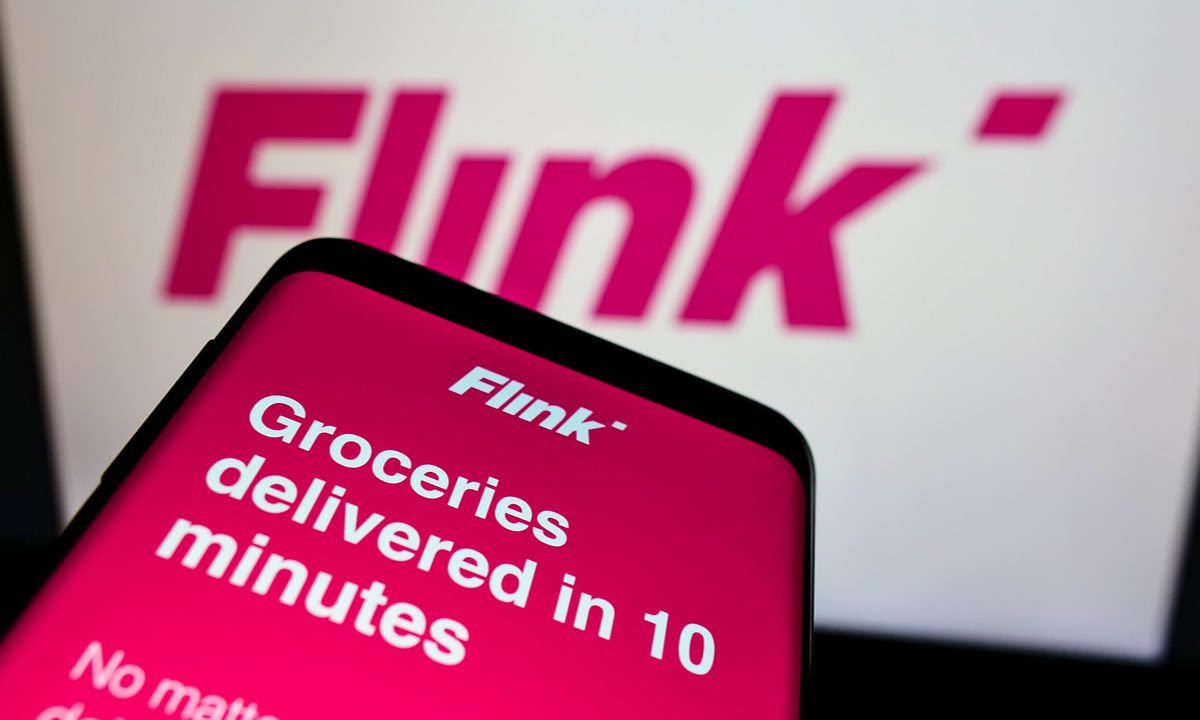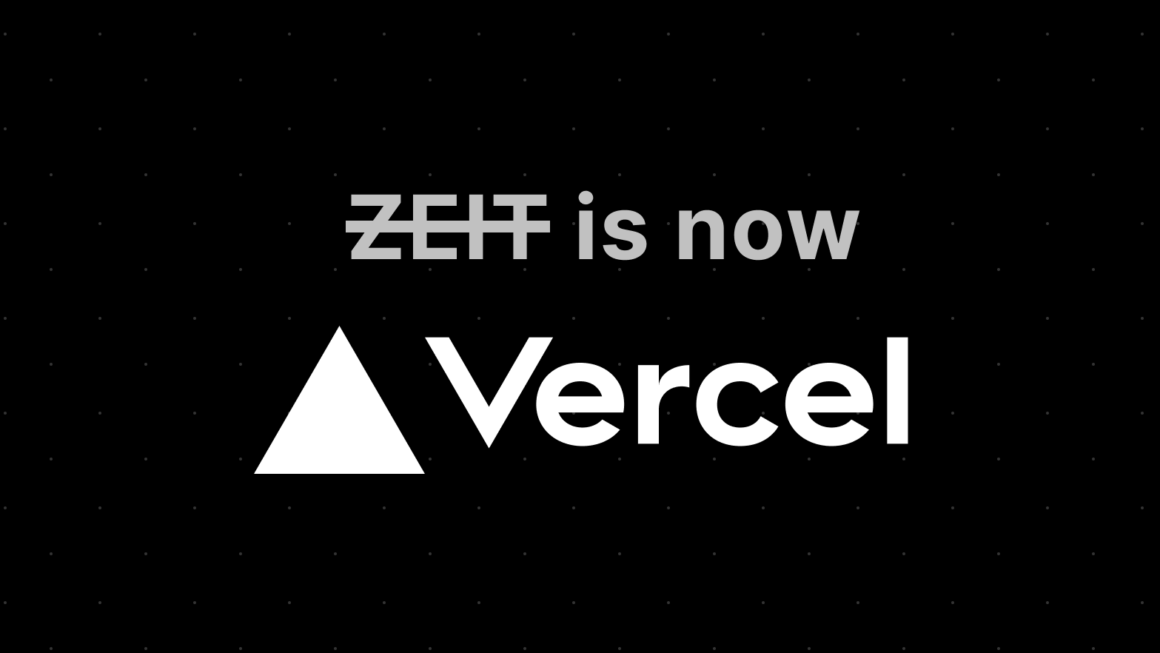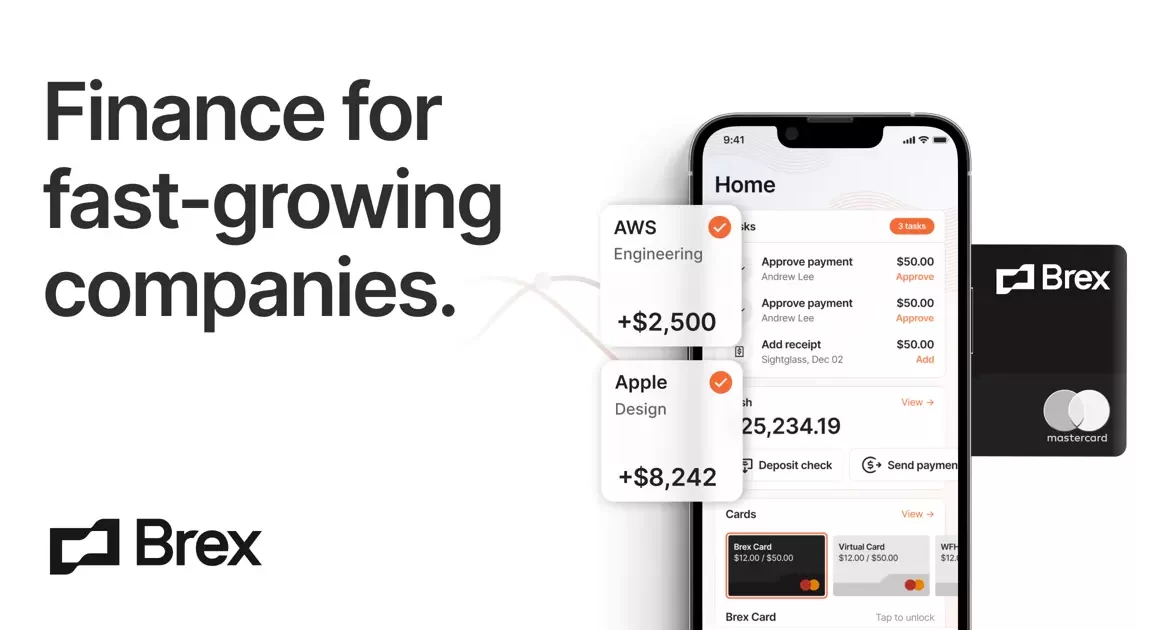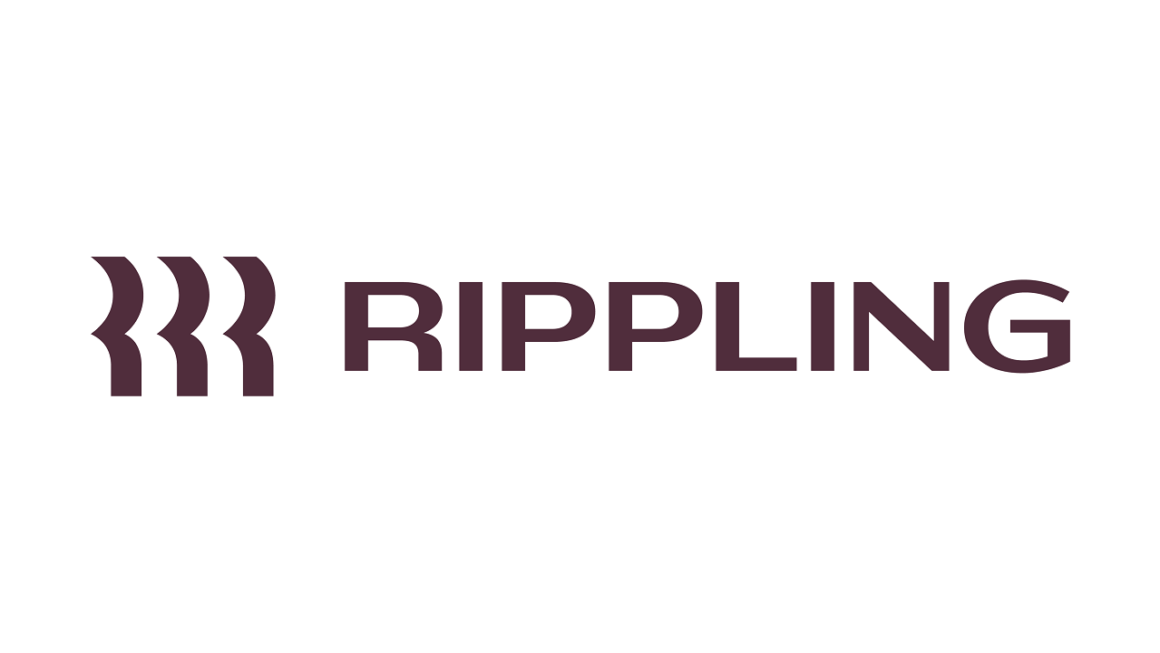Flink is a German grocery delivery startup that was founded in 2020 by Christoph Cordes, Oliver Merkel, and Julian Dames. The company is headquartered in Berlin, Germany, and operates in over 140 locations in 60 cities across Germany, France, and the Netherlands.
Flink offers a delivery service that delivers groceries to customers’ homes in as little as 10 minutes. The company’s “dark stores” are located in densely populated areas, which allows Flink to deliver groceries quickly and efficiently.
Flink’s selection of groceries includes fresh produce, meat, dairy, bakery items, snacks, and household essentials. The company also offers a variety of meal kits and prepared meals.
In 2021, Flink achieved the status of being Europe’s largest third-party delivery service, surpassing Gorillas. The company reported serving up to 10 million customers across over 140 locations in more than 60 European cities.
Here are some of the key features of Flink:
- Quick delivery: Flink delivers groceries in as little as 10 minutes.
- Competitive prices: Flink’s prices are competitive with other grocery delivery services.
- Wide selection: Flink offers a wide selection of groceries, including fresh produce, meat, dairy, bakery items, snacks, and household essentials.
- Convenient: Flink is available in over 100 cities across Germany, France, and the Netherlands.
- Easy to use: Flink’s app is easy to use and allows customers to order groceries in a few taps.
Founding History of Flink
Flink was founded in 2020 by a team of experienced individuals with successful track records in the corporate and startup world. The founders include Oliver Merkel as the CEO, Christoph Cordes, and Julian Dames.
Oliver Merkel, the CEO, had previously been leading the consumer goods practice at consulting powerhouse Bain, spearheading their Berlin office. Christoph Cordes, another co-founder, co-founded the food delivery startup Foodora and served as CMO at Foodpanda, as well as VP at Delivery Hero. Additionally, he was involved in building businesses on behalf of SoftBank. Christoph Cordes also served as the former co-CEO of home24, an online furniture store that went public in 2018.
The idea for Flink was born out of Merkel’s private six-figure investment in Gorillas during their Series A round in November 2020. This investment provided him with insights into the business metrics of Gorillas, including margins and profitability. After convincing Cordes and Dames to join the venture, they raised a first seed round of €10 million, valuing the business at €30 million (post-money) and using the funds to accelerate their launch process.
In late 2020, Flink’s team acquired Pickery, a delivery app recently launched in Hamburg, with founders Saad Saeed and Nikolas Bullwinkel joining Flink as Directors of Technology and Experience, respectively. In January 2021, Pickery was rebranded as Flink and officially introduced to the public, starting its operations in Hamburg. Remarkably, within a month, Flink expanded its services to five German cities, including Munich, Berlin, and Cologne, setting up warehouses and sourcing products and drivers.
Flink’s rapid growth and expansion caught the attention of investors, leading to significant funding rounds. In March 2021, the company raised $52 million, coinciding with its expansion into the Netherlands and France. Just three months later, in June 2021, Flink raised a substantial $240 million in its third funding round, reaching a valuation of over $1 billion and becoming a unicorn – a startup valued at over $1 billion – within six months of its founding.
During this time, Flink also formed a partnership with German supermarket giant REWE, which became the exclusive supplier of its products. However, the intense competition in the European grocery delivery market led to various acquisition talks among Flink’s competitors, including Gopuff and Gorillas. Ultimately, Flink decided to remain independent and secured a $750 million funding round led by U.S. delivery giant DoorDash in December.
Today, Flink boasts a workforce of over 1,000 employees spread across offices in Germany and the Netherlands, solidifying its position as a major player in the European delivery market.
Features of Flink
Here are some of the features of Flink grocery startup in details:
- Quick delivery: Flink delivers groceries in as little as 10 minutes. This is made possible by the company’s dark stores, which are located in densely populated areas. Dark stores are warehouses that are not open to the public. They are stocked with groceries and other items that are ready to be picked and delivered.
- Competitive prices: Flink’s prices are competitive with other grocery delivery services. The company also offers a number of promotions and discounts, such as free delivery for orders over a certain amount.
- Wide selection: Flink offers a wide selection of groceries, including fresh produce, meat, dairy, bakery items, snacks, and household essentials. The company also offers a variety of meal kits and prepared meals.
- Convenient: Flink is available in over 60 cities across Germany, France, and the Netherlands. This makes it a convenient option for busy consumers who are looking for a quick and easy way to get their groceries.
- Easy to use: Flink’s app is easy to use and allows customers to order groceries in a few taps. The app is available for iOS and Android devices.
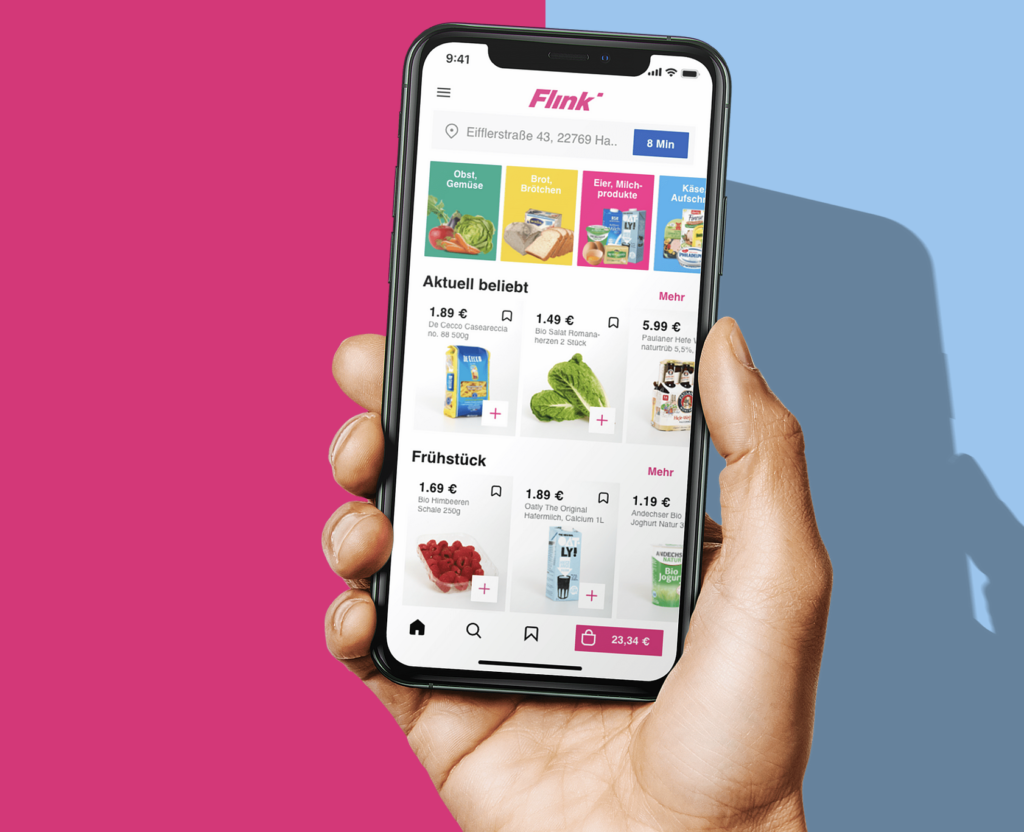
In addition to these features, Flink also offers a number of other features that make it a popular choice for busy consumers. These features include:
- Personalized recommendations: Flink’s app uses machine learning to make personalized recommendations to customers. This means that customers are more likely to see products that they are interested in when they open the app.
- Restocking notifications: Flink’s app sends customers notifications when their favorite products are restocked. This means that customers don’t have to remember to check the app for new products.
- In-app chat: Flink’s app has an in-app chat feature that allows customers to contact customer support if they have any questions or problems. This makes it easy for customers to get help if they need it.
Overall, Flink is a grocery delivery startup that offers a number of features that make it a popular choice for busy consumers. The company’s quick delivery times, competitive prices, and wide selection of groceries make it a convenient and affordable option for getting groceries.
Business Model of Flink – How Flink makes money?
Flink makes money in two main ways: through grocery sales on its platform and by charging delivery fees for orders. Let’s take a closer look at each of these revenue streams below.
Grocery Sales:
The majority of Flink’s revenue comes from selling groceries that it buys and stores in bulk. The company slightly increases the prices to improve its profit margins, but even with the markup, their prices are still significantly lower than those at convenience stores or kiosks in Germany.
Flink benefits from a sourcing deal with REWE, a large supermarket chain, which likely allows them to get favorable conditions when purchasing products in bulk. Unlike traditional supermarkets with operating margins of around 2 to 3 percent, Flink can potentially command a larger share of profits because it operates smaller and more efficient warehouses in cheaper areas.
By avoiding the need to rent large retail spaces and hiring retail assistants, Flink can invest more in warehouse pickers and riders, which improves their overall efficiency. Additionally, since the entire buying process takes place within the app, delivery drivers save time by not having to handle payments at the customer’s doorstep, allowing them to move on to the next delivery quickly.
Over time, Flink learns its customers’ preferences, enabling the app to make tailored recommendations and potentially cross-sell higher-margin items, further boosting their revenue.
Delivery Fees:
Flink also generates income from delivery fees charged on top of each order. For example, in Germany, the delivery fee is €1.80. Flink has a low minimum order amount of just €1.00, which allows customers to order even small items from their store.
The company might be initially losing money on these low-value orders as part of its strategy to gain market share and compete with other delivery services.
In addition to delivery fees, Flink applies payment processing fees to cover the interchange fees imposed by credit card providers, primarily Mastercard and Visa.
In summary, Flink’s primary sources of revenue are selling groceries through its platform, making use of optimized warehouses and tailored recommendations. They also charge delivery fees on orders to generate income while competing in the market.
Flink Funding & Valuation
In May,2022 Flink has reached a valution of $5 billion after the upstart acquired Cajoo, a large instant delivery startup based in France. Alongside this, Flink picked up a separate, fresh investment from one of Cajoo’s biggest investors, the supermarket giant Carrefour.
Here are some of the investors in Flink grocery startup:
- DoorDash: DoorDash is a food delivery company that invested in Flink in 2021.
- Mubadala Capital: Mubadala Capital is a sovereign wealth fund that invested in Flink in 2021.
- REWE Group: REWE Group is a German supermarket chain that invested in Flink in 2021.
- Target Global: Target Global is a venture capital firm that invested in Flink in 2021.
- Northzone: Northzone is a venture capital firm that invested in Flink in 2021.
- Cherry Ventures: Cherry Ventures is a venture capital firm that invested in Flink in 2021.
- TriplePoint Capital: TriplePoint Capital is a private debt firm that invested in Flink in 2021.
- Cristina Stenbeck: Cristina Stenbeck is a Swedish businesswoman who invested in Flink in a personal capacity.
Flink has raised over $1.2 billion in funding from a variety of investors. The company’s most recent funding round was a $750 million Series D round led by DoorDash, which was announced in December 2021 (announced round).
Flink’s investors are a mix of venture capital firms, private equity firms, and strategic investors. The company’s investors are interested in Flink’s potential to disrupt the grocery delivery market. Flink’s quick delivery times and competitive prices have made it a popular choice for busy consumers.
Also Read: How Instant Delivery Startup Gopuff Built Its Multi Billion Dollars Empire
To read more content like this, subscribe to our newsletter
